BHP leads new attack on Labor’s industrial relations reform
BHP says Labor’s IR changes will drive up costs as employers predicted the wages bill will be significantly higher than government claims of $9bn over the next decade.
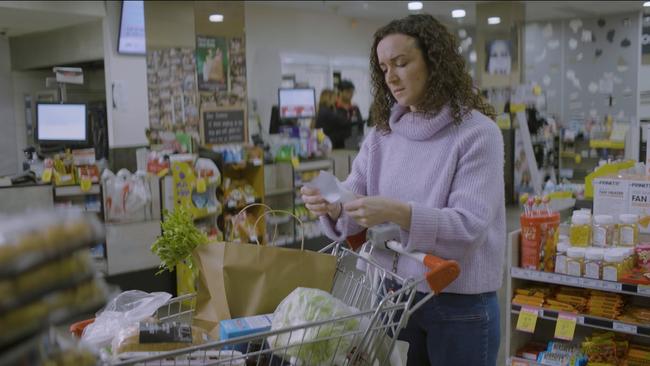
BHP has warned Labor’s industrial relations changes will drive up costs for consumers and businesses, as employers predicted the wages bill will be significantly higher than government claims of $9bn over the next decade.
As the nation’s biggest employer groups launched a new multimedia advertising blitz warning the IR overhaul will make the cost-of-living crisis worse, BHP Australian president Geraldine Slattery said: “We remain deeply concerned that this bill will create further uncertainty and complexity for no gain in productivity, reduce the ability of Australian industry to successfully compete in the global arena, and ultimately increase costs for businesses and consumers at a time of already high inflation.”
Business Council of Australia chief executive Jennifer Westacott said the changes would hit the “bottom line of every household in Australia”, but Workplace Relations Minister Tony Burke played down the extra costs faced by business, which his department said the digital platforms could pass on through “higher prices to consumers”.
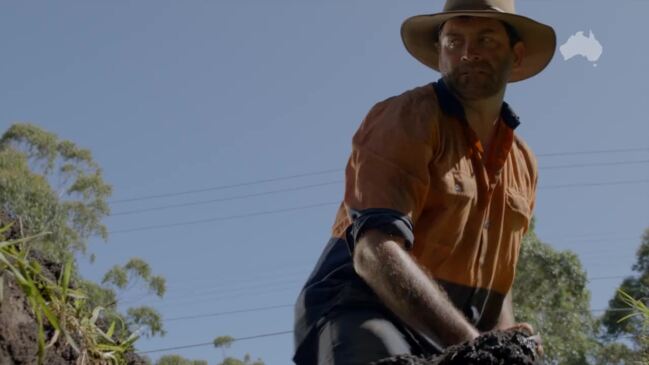
Declaring the $9bn in higher wages over 10 years represented just “one-10th of 1 per cent of what wages are in Australia”, Mr Burke said: “You look at that (figure) and you say that is an extraordinary amount of money for people to have been underpaid.”
The Find a Better Way campaign, backed by mining, farming, building, recruiters, big and small business groups, says Labor’s same job, same pay laws are “not about equal pay for men and women and it’s not about closing loopholes”.
The ads, filmed on a construction site and a farm, carry the slogan “the bill all Australians will have to pay” and raise concerns about higher costs for homebuyers, renters and shoppers.
“It means that subcontracting work essential for tradies and builders will be less flexible and less efficient, making building more expensive. When building is more expensive, housing and renting becomes more expensive,” the TV and radio ads, authorised by Master Builders Australia, say.
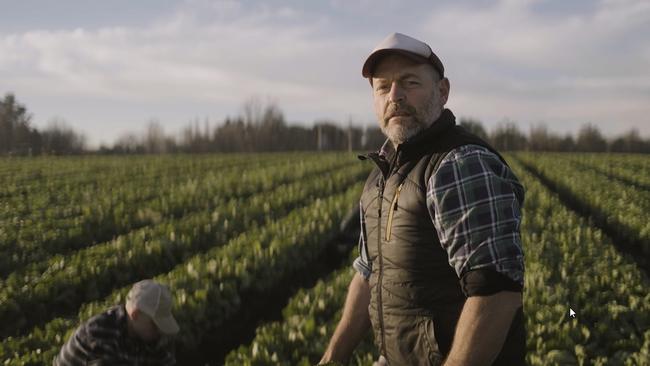
“It means when farmers are extra busy and need casual workers, it will be less flexible and more expensive. And when it’s more expensive for farmers, it’s more expensive at the checkout,” another ad, authorised by the National Farmers Federation, says.
The Find a Better Way campaign, which recently sent millions of texts to Australians warning about the IR reforms, launched its first round of attack ads in June. The ads warned that if you believe in being rewarded for your experience and working harder – “same job, same pay will take that away”. The new ads link the housing and cost-of-living crises with the IR overhaul.
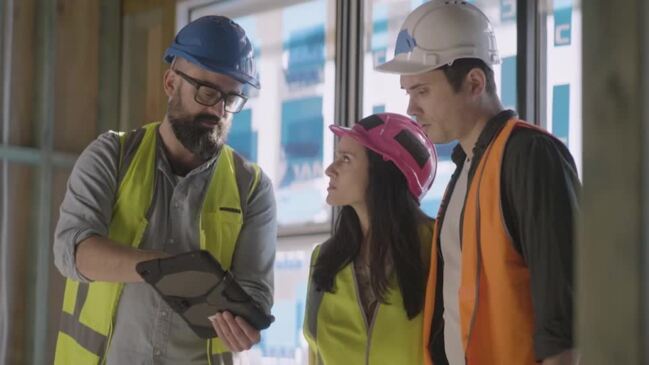
Mr Burke hit back on Tuesday night: “They’ve done it again. Both of these new business ads are complete fiction. I’ve never heard of a case where a farmer is using the labour hire loophole. Very few farms in Australia have enterprise agreements and if you don’t … then this legislation is completely irrelevant.
“It would only become relevant if you have an enterprise agreement – which they don’t. Or you were bringing seasonal workers in for more than three months – which doesn’t happen either. The construction ad refers to subcontractors. Subcontractors are not labour hire firms – they’re service providers. They’ve ignored the exceptions we’ve made for specialist contractors.”
In her opening address to the Minerals Week conference in Canberra on Tuesday, Minerals Council of Australia chief executive Tania Constable said the proposed IR laws are “nothing short of an act of national economic self-harm”.
Ms Constable, leading the multimillion-dollar, cross-industry campaign against the union-backed IR reforms, said the government’s 284 pages of legislation contain no measures to increase competition, enhance innovation and reduce inflation. “There were dozens of measures that are deliberately designed to do the exact opposite,” she said.
The mining chief, who represents companies including BHP, Rio Tinto, Glencore and Whitehaven, said the same job, same pay proposal goes “well beyond just labour hire” and applies “equally to every service contractor that provides a service – not labour”.
“It applies equally to related entities within corporate groups. Second, it has nothing to with closing any ‘loophole’. Instead, it could capture every business in Australia that employs staff and provides a service to another business. This will capture thousands of businesses and millions of workers,” Ms Constable said.

The worsening stoush between employers and the government comes as new legal advice from Seyfarth Shaw Australia warned Labor’s proposed rules on casuals impose substantial risk for employers and workers.
The advice says employees won’t have the certainty of working on particular days, employers will be compelled to change up rostering, long-term roster commitments for casuals will end and businesses will experience higher turnovers of staff.
“These measures, however well-intentioned, risk having precisely the opposite effect. Driving uncertainty and insecurity for those people who actually want, and feel well served by, casual employment,” the advice said.
Council of Small Business Organisations Australia chief executive Luke Achterstraat said small businesses would be hit hard by the IR changes regardless of carve-out claims by Mr Burke.
Australian Chamber of Commerce and Industry chief executive Andrew McKellar said the data used by the department was from 2021, making its findings about a $9bn cost outdated given the growth of the gig economy.



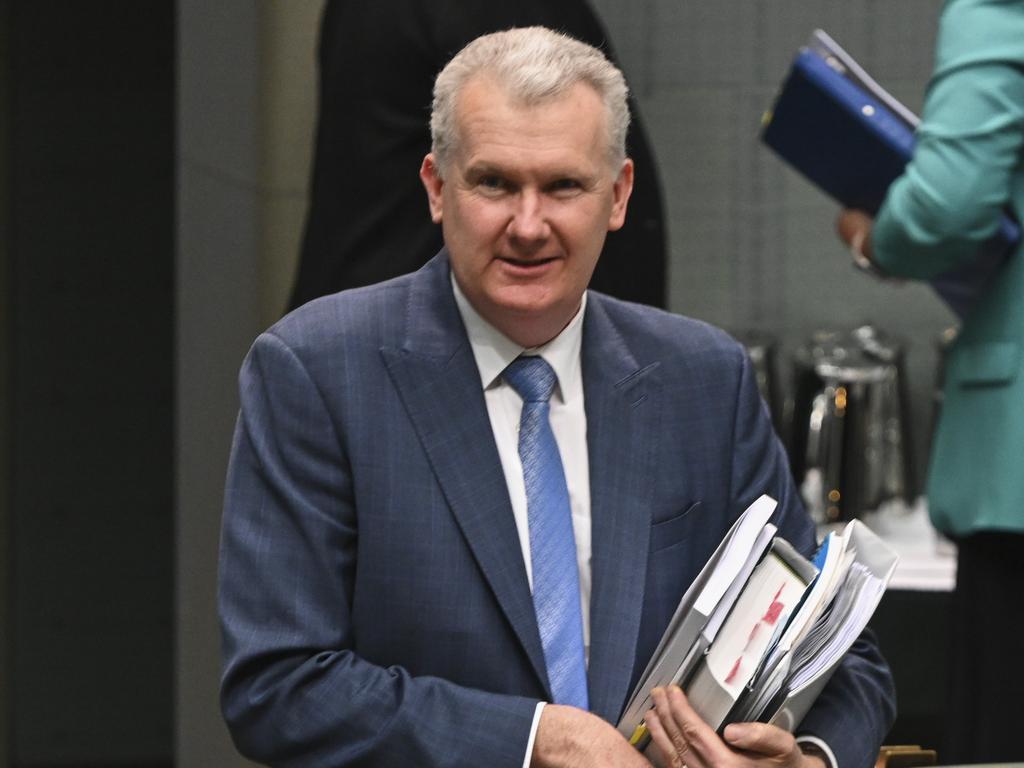


To join the conversation, please log in. Don't have an account? Register
Join the conversation, you are commenting as Logout